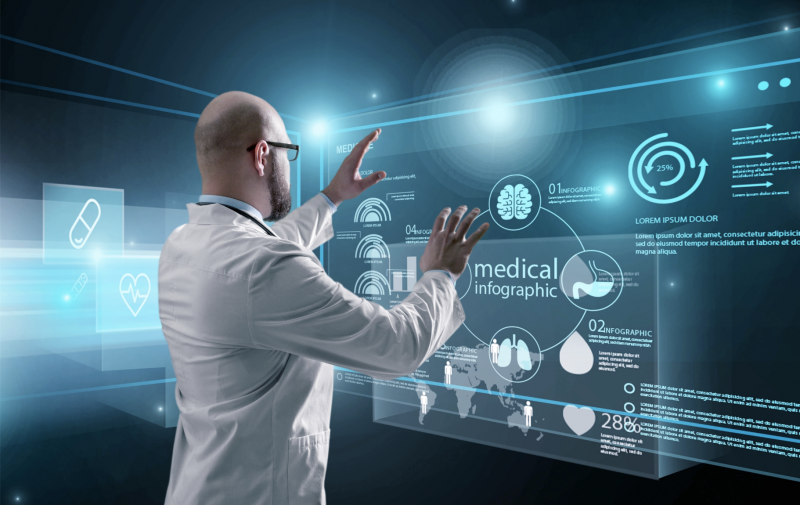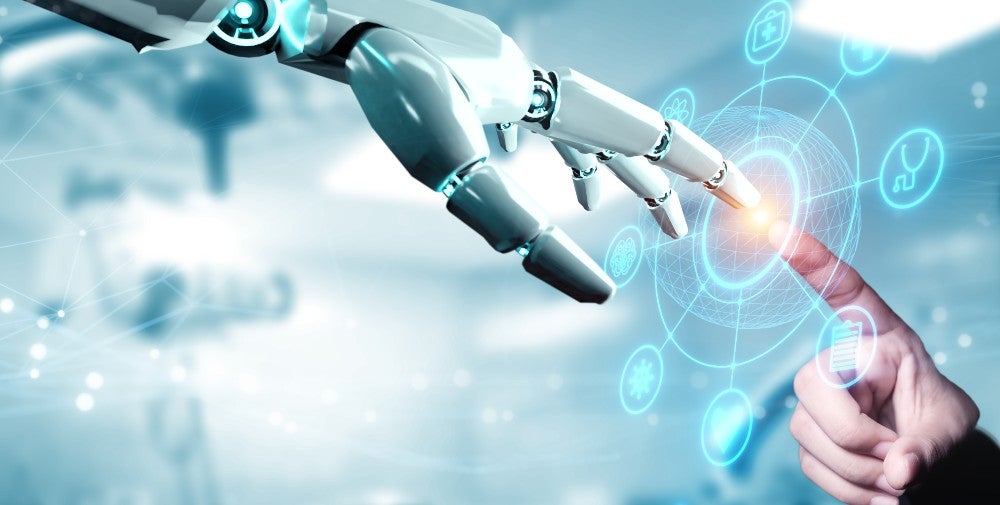
Embracing AI: The Future of Medicine
The future of medicine, once envisaged in the imaginative plots of science fiction, is now becoming a reality in our world. Artificial Intelligence (AI) has become the new frontier, with groundbreaking strides being made in healthcare. From predicting patient outcomes to automating routine tasks, AI is redefining the landscape of medicine.
Artificial Intelligence isn’t just a term reserved for self-driving cars or advanced robots; it’s steadily becoming an integral part of our healthcare system. AI applications are numerous, encompassing areas like diagnostics, treatment recommendations, and patient care, to name a few. The potential of AI in medicine is vast, capable of improving both the speed and accuracy of medical services.
AI in Diagnostics: Turning Data into Insight
The potential of AI in diagnostics is immense. AI-powered algorithms are now capable of interpreting radiological images, identifying patterns in lab results, and even predicting the likelihood of diseases. Such capabilities can reduce the burden on doctors, allowing them more time to interact with their patients.
AI systems can sift through vast amounts of data in record time, detecting patterns that might elude the human eye. These systems are already showing promise in diagnosing conditions like cancer, diabetes, and heart disease. The use of AI in diagnostics not only speeds up the diagnostic process but also increases its accuracy, leading to better patient outcomes.
Predictive Analysis: Improving Patient Outcomes
Another critical application of AI in medicine is predictive analysis. AI algorithms can analyze patient data, including medical history, lifestyle factors, and genetic information, to predict the likelihood of certain diseases. This proactive approach can allow for early intervention and treatment, greatly improving patient outcomes.
AI tools can also forecast patient trajectories, allowing healthcare providers to anticipate and respond to potential health crises before they occur. For patients with chronic conditions, this predictive ability can be invaluable in managing their health and preventing complications.

AI and Personalized Medicine
The era of personalized medicine is upon us, driven by the potential of AI. This approach to healthcare tailors treatment to the individual patient, based on their unique genetic makeup, lifestyle, and environmental factors. AI can analyze these complex variables to devise customized treatment plans that optimize effectiveness and minimize side effects.
AI can also be used to monitor patient responses to treatment in real-time, adjusting doses and therapies as needed. This personalized approach can improve patient outcomes, increase treatment adherence, and enhance the overall patient experience.
Stepping into a New Era: The AI-Powered Future of Medicine
As we step into a new era, it is clear that AI has a profound role to play in shaping the future of medicine. From diagnostics to personalized treatment, AI has the potential to revolutionize healthcare, making it more precise, efficient, and patient-centered.
As with any technological innovation, challenges persist. Ethical considerations, data privacy concerns, and the need for rigorous testing and regulation are all important issues that must be addressed. However, as we navigate these challenges, the promise of AI in medicine remains undeniable. A future where AI is fully integrated into our healthcare system could usher in a new era of medical care, characterized by improved outcomes, increased efficiency, and enhanced patient experiences.